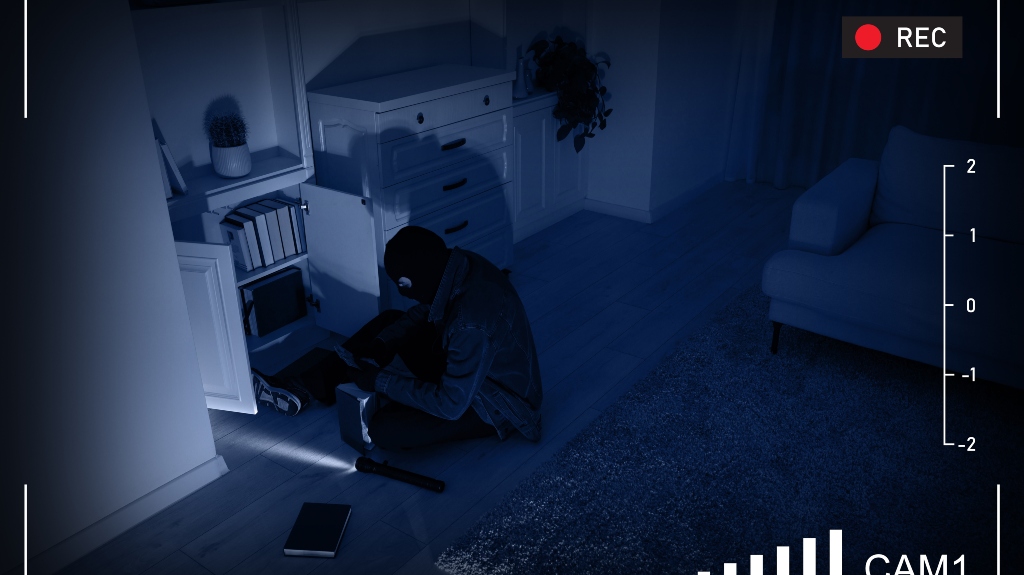
The role of intent in burglary cases under California Penal Code 459 is significant to prove a burglary charge. To secure a conviction for burglary under California law, the prosecution must prove that the defendant entered a structure with the intent to commit a burglary, or with the intent to commit a felony, at the time of the entry. If the prosecution cannot establish the intent element beyond a reasonable doubt, the charge will not meet the legal definition of burglary. Intent is often easy to infer but difficult to prove as it hinges on what the accused was thinking at the time. As such, challenging the element of intent can be a very effective defense strategy. Continue reading if you are facing burglary charges in California, and make sure you are represented by a criminal defense attorney.
What is the Crime of Burglary Under California Penal Code 459
California Penal Code 459 defines burglary as:
- The act of entering any premises, building, or defined structure; and
- The intent to steal (whether grand or petty theft) or to commit any felony inside the premises at the time of entry; and
- The value of the intended stolen property was more than $950; and
- The structure entered is not a commercial business; or
- The structure is a commercial business, but it was not open to the public at the time of entry
To convict someone of burglary, the prosecution must prove every element of the crime beyond a reasonable doubt. If the prosecution cannot establish intent beyond a reasonable doubt, the charge will not meet the legal definition of burglary under Penal Code 459 and the defendant will have to go free.
Specific Intent is Required for Burglary
In California, burglary is classified as a specific intent crime, which means that the accused must have entered the building or structure with a clear and deliberate intention to commit theft or to commit another felony at the time of entry. This mental state is a crucial element that the prosecution must prove to the jury beyond a reasonable doubt. The intent element can be negated in several ways. For instance, if the intent to commit a crime was formed by the defendant after entering the premises, the act will not legally qualify as burglary, however, it still could still be considered theft or another lesser criminal offense.
Challenging The Intent Element for Effective Burglary Defense

Proving intent is often one of the most challenging aspects of a burglary case. While prosecutors may try to infer from circumstantial evidence such as witness testimony, behavior before and during the incident, or prior statements made by the defendant, the state of mind of the defendant it is not directly observable. As a person’s mental state is internal and invisible, proving it without any reasonable doubt can be extremely difficult if other valid supporting evidence does not exist. That’s why a lack of intent is often one of the strongest and most effective defense strategies against a burglary accusation.
If you are facing burglary charges in California, it is crucial to have an experienced burglary attorney who can discredit the prosecution’s theory of intent. By casting doubt on whether the accused actually intended to commit theft or another felony at the time of entry, a skilled attorney can undermine a critical element of the burglary charge.
Contact The Law Office of Nicolai Cocis Today To Fight Your California Burglary Charge
The Law Office of Nicolai Cocis has over 25 years’ experience in burglary defense . If you are facing charges, our legal team can help can craft a good defense and provide the jury with reasonable doubt. In many cases, we have helped our clients get their charges reduced, a dismissed, or even a full acquittal. We can help you too! Contact our law firm today.


